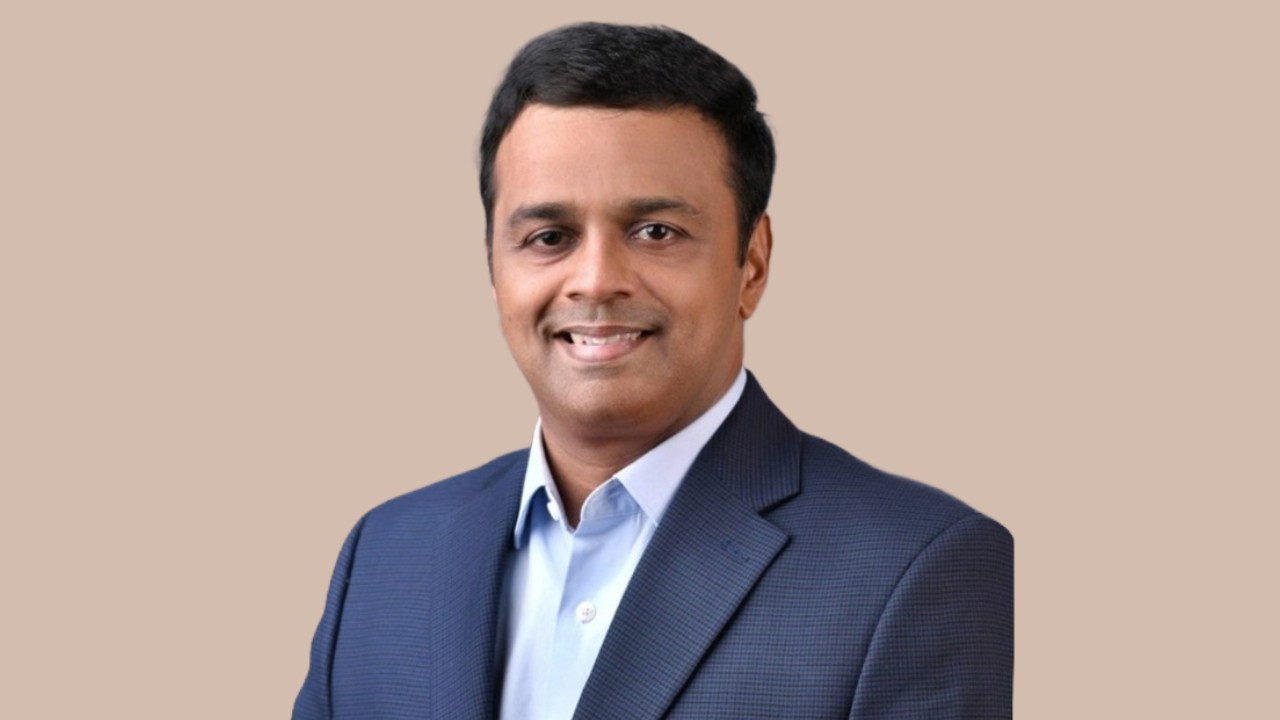World Thyroid Day, celebrated globally on May 25th, unequivocally aims to spotlight the staggering burden of thyroid disease, amplify patient experiences, and honor the relentless dedication of those committed to the international study and treatment of thyroid disorders.
Thyroid diseases rank among the most pervasive endocrine disorders worldwide, and India stands as a significant example. Studies project that a staggering 42 million Indians grapple with thyroid conditions.
The thyroid gland’s production of essential hormones underpins normal growth and energy metabolism. Although thyroid dysfunction is common and easily treatable, its undiagnosed or untreated state can wreak havoc on an individual’s health.
Over one billion people worldwide endure life in iodine-deficient areas, spanning Southeast Asia, South America, and Central Africa. Iodine, critical for thyroid hormone production, is woefully unevenly distributed and notably scarce in remote mountainous regions.
In iodine-deficient populations, thyroid dysfunction predominantly arises from thyroid autoimmunity, manifesting as Graves’ disease, Hashimoto thyroiditis, and postpartum thyroiditis, marked by specific autoreactive antibodies. Both iodine deficiency and excess can precipitate hypothyroidism and hyperthyroidism.
Epidemiological studies underscore that 1% of men and 5% of women harbor clinically detectable thyroid nodules, with prevalence soaring with age and in iodine-deficient communities.
In these trying times, it is imperative to dedicate an event that underscores the critical awareness of thyroid diseases. This initiative propels the rapid spread of crucial knowledge about screening, diagnosis, treatment, and prevention. World Thyroid Day powerfully fulfills these mandates, growing more influential each year.
In honor of World Thyroid Day, The Interview World proudly engages in a profound conversation with Dr. Subhash K. Wangnoo, Senior Consultant – Endocrinologist & Diabetologist at Indraprastha Apollo Hospitals, New Delhi. This dialogue delves into the intricacies of thyroid management, the environmental impacts on the thyroid, the paramount importance of salt awareness, and the correlation between thyroid and depression. Here are the pivotal insights from his interview.
Q: How will advancements in thyroid management impact the overall health and quality of life of the average person?
A: Treating thyroid disorders, particularly hypothyroidism, is of paramount importance because thyroid hormones influence all body systems, including the brain, heart, kidneys, eyes, liver, and nerves. Proper management of thyroid disorders can prevent numerous complications associated with hypothyroidism. For instance, in newborns, untreated hypothyroidism can lead to intellectual deficiencies, significantly impacting cognitive development. In pregnant women, it can increase the risk of recurrent miscarriages and premature births, posing serious health risks for both the mother and the baby. In adults, untreated hypothyroidism can cause depression, sexual disorders, weakness, lethargy, and chronic tiredness, severely affecting the quality of life.
Therefore, it is crucial to take medication regularly and consult your doctor periodically to adjust the dosage as needed. This consistent management helps maintain the delicate balance of thyroid hormones in the body, preventing the onset of severe symptoms and complications.
Besides hypothyroidism, another condition to be aware of is hyperthyroidism, where the thyroid becomes overactive. This can lead to significant weight loss, excessive sweating, rapid heartbeat (tachycardia), and confusion. Effective treatment for hyperthyroidism involves regular medication, and this condition improves within 2 to 3 years with consistent medical follow-up. Regular consultations with your doctor ensure the treatment is working correctly and adjustments are made as necessary, ensuring the best outcomes for your health.
Q: How do environmental factors influence thyroid function and health?
A: The environment plays a crucial role in various endocrine disorders, including thyroid issues, through what we call endocrine disruptors. These disruptors are pollutants found in water and soil, often originating from insecticides and pesticides. They introduce toxins, specifically endocrine disruptors, into our system, which can have significant health consequences.
These toxins disturb the hypothalamic and pituitary functions, which are essential for regulating many other glands in the body. The pituitary gland, in particular, oversees the function of various other glands, so its disruption can lead to widespread health issues. Consequently, exposure to endocrine disruptors can result in conditions such as diabetes, thyroid disorders, and even cancer.
In the case of thyroid disorders, specific chemicals like diethyl, dibromide, and ethers, commonly used in various industries, have a direct and detrimental impact on the thyroid gland. Therefore, understanding and mitigating the presence of endocrine disruptors in our environment is essential for maintaining overall endocrine health.
Q: How does thyroid function influence or correlate with depression?
A: Frequently, individuals grappling with depression seek solace in psychiatric support. Yet, it’s increasingly common for psychiatrists to first assess thyroid function, recognizing the intricate link between depression and thyroid health. This prudent approach acknowledges the thyroid’s profound impact on mood regulation. The research underscores the intricate interplay between thyroid dysfunction and depressive symptoms, urging thorough evaluation.
Consequently, thyroid tests serve as pivotal diagnostic tools, unveiling underlying physiological imbalances that may exacerbate or mimic depression. By integrating thyroid screening into psychiatric assessments, practitioners adopt a holistic perspective, fostering more comprehensive and tailored treatment strategies for those navigating the complex terrain of mental health.
Q: How does awareness about the role of salt in thyroid function impact overall thyroid health?
A: Understanding the pivotal role of awareness in disease prevention and management is fundamental to achieving success. Patients are enlightened about the significance of iodine, a critical nutrient crucial for optimal health. It is emphasized that iodine primarily derives from salt, as its presence in the diet is relatively scarce. Therefore, maintaining a consistent intake of iodized salt is imperative to ensure adequate iodine levels.
Nevertheless, it is essential to heed medical advice, as certain conditions may necessitate the avoidance of iodized salt. Despite this, the indispensability of iodine in supporting the proper functioning of various organ systems cannot be overstated. Given the inadequacy of iodine in natural dietary sources, the regular consumption of iodized salt emerges as a practical solution to fulfill the body’s iodine requirements, safeguarding overall health and well-being.










16 Comments
Nice
Howdy! I know this is kind of off topic but I was wondering which blog platform are you using for this website? I’m getting fed up of WordPress because I’ve had issues with hackers and I’m looking at alternatives for another platform. I would be great if you could point me in the direction of a good platform.
Way cool, some valid points! I appreciate you making this article available, the rest of the site is also high quality. Have a fun.
You actually make it appear so easy along with your presentation however I find this matter to be actually one thing that I feel I’d by no means understand. It kind of feels too complicated and extremely broad for me. I’m taking a look ahead for your subsequent put up, I¦ll try to get the cling of it!
Hello my loved one! I wish to say that this article is amazing, nice written and come with approximately all important infos. I would like to see more posts like this .
Thanks for your marvelous posting! I seriously enjoyed reading it, you will be a great author.I will be sure to bookmark your blog and will often come back from now on. I want to encourage you to definitely continue your great writing, have a nice holiday weekend!
I love studying and I believe this website got some genuinely useful stuff on it! .
Your style is so unique compared to many other people. Thank you for publishing when you have the opportunity,Guess I will just make this bookmarked.2
I’ve recently started a site, the information you provide on this website has helped me greatly. Thank you for all of your time & work.
Definitely, what a great site and educative posts, I will bookmark your website.Best Regards!
you are really a good webmaster. The website loading velocity is amazing. It kind of feels that you’re doing any unique trick. Moreover, The contents are masterpiece. you have performed a great process in this topic!
Hi! Someone in my Myspace group shared this site with us so I came to look it over. I’m definitely enjoying the information. I’m bookmarking and will be tweeting this to my followers! Terrific blog and excellent style and design.
Thankyou for all your efforts that you have put in this. very interesting information.
Its like you learn my thoughts! You appear to understand a lot approximately this, like you wrote the book in it or something. I believe that you can do with some p.c. to force the message home a bit, however other than that, that is excellent blog. An excellent read. I’ll certainly be back.
I couldn’t resist commenting
I found your blog web site on google and test just a few of your early posts. Continue to maintain up the excellent operate. I simply extra up your RSS feed to my MSN News Reader. Seeking forward to studying more from you later on!…
Comments are closed.